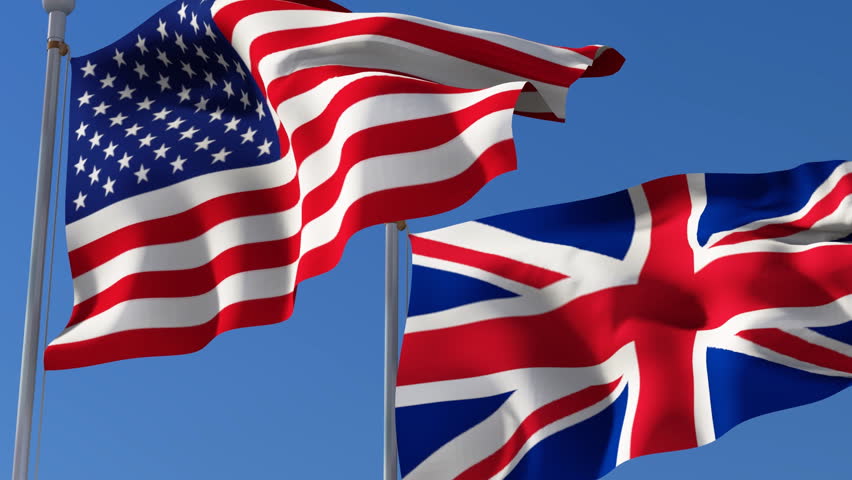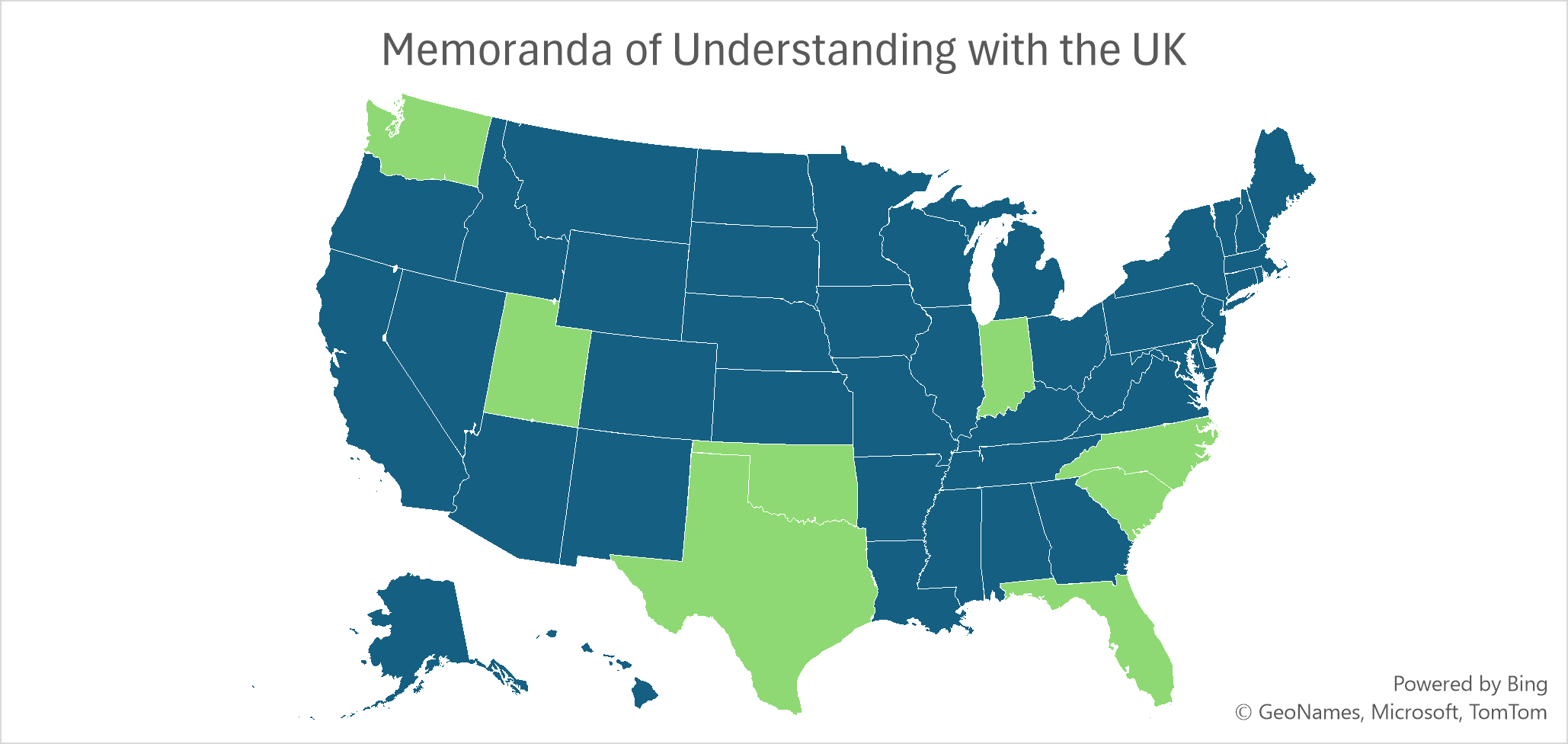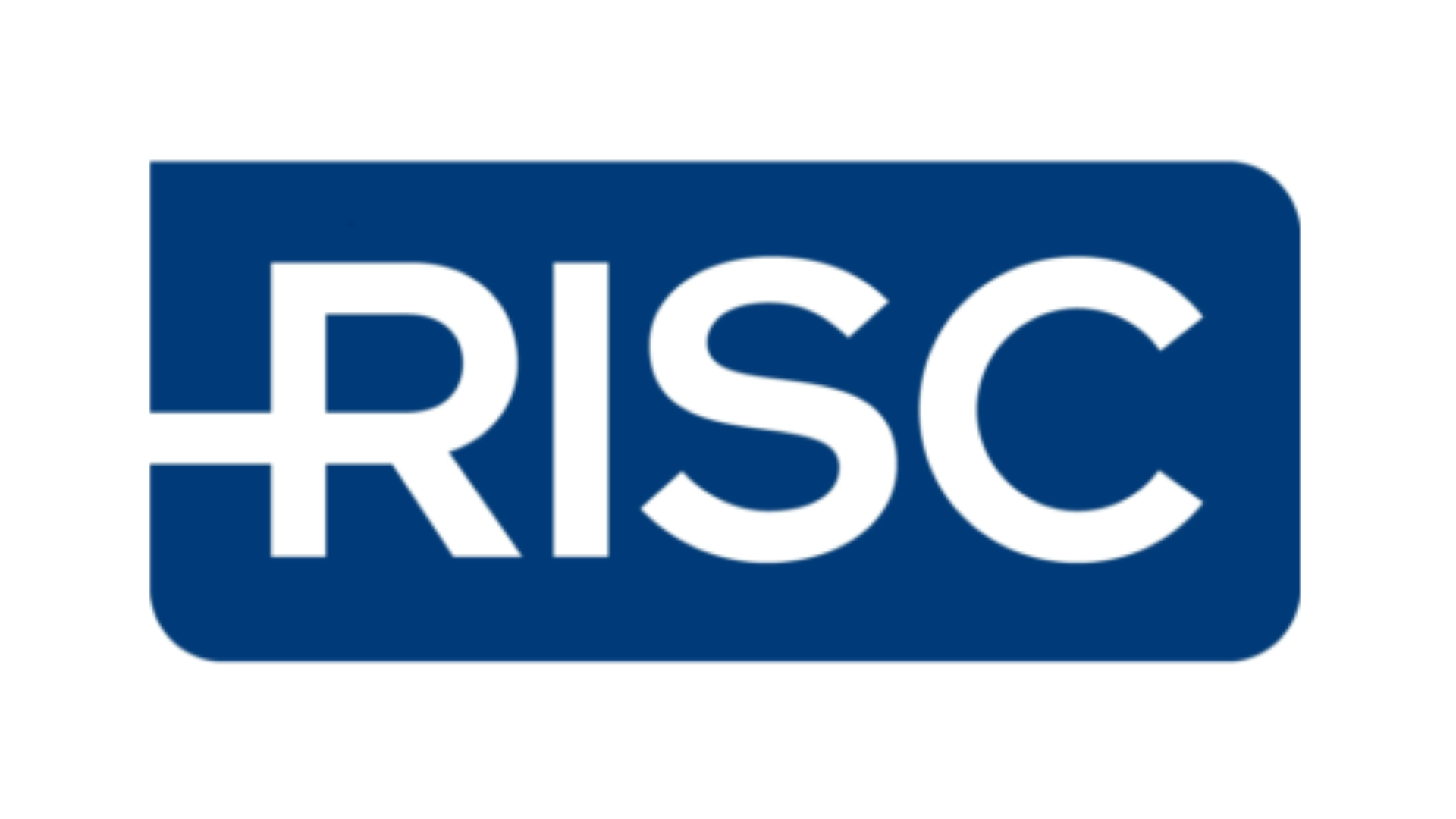
Written by George Dietz, ADS Economics and Data Adviser
Ahead of International Trade Week (11-15 November) next week, we wanted to take the opportunity to raise awareness about the more than 70 Free Trade Agreements (FTAs) the UK has signed since leaving the EU and their importance to the UK economy. ADS’ sectors traditionally play a large role in the exports of British manufacturing goods: out of a combined £38.7bn of exports across ADS sectors in 2023, approx. £20bn were from aerospace exports.
More than 70 trade agreements are now in existence
Recent trade agreements that might be of interest to our members include the FTA with Australia signed in 2021, the Japan Comprehensive Economic Partnership Agreement and the Singapore Digital Economy Agreement. ADS has organised events in each of these countries in the near future, including this month at our week-long Australian Cyber Trade Mission from 18 – 28 November, DSEI Japan in May 2025, and at Singapore Air Show in February 2026.
UK Trade with the United States
However, one novel approach to decreasing trade barriers that the UK has pursued affects Britain’s single biggest trade partner: the United States. According to the ONS, the UK will export £192bn worth of goods and services to the US in 2024. This is reciprocated by £117.2bn worth of goods and services imported into the UK from the US in the 12 months running up to and including August 2024. All this trade exists despite there being no institutionalised FTA between the UK and the US.
Instead, the UK and the US have in place several Memoranda of Understanding (MOUs) which are individual agreements with different US states that aim to reduce trade frictions with the UK. The established frameworks intend to address trade barriers, lead to job growth, and strengthen economic ties.
Significance of UK and US MOUs

Figure 1: States in light green have signed MOUs with the UK.
Since the first one was signed in December 2022, a total of eight MOUs have been established: South Carolina, Indiana, Washington, North Carolina, Oklahoma, Utah, Texas and Florida (see Figure 1). From an aerospace perspective, the states that have already signed MOUs are also noteworthy, given that they contain existing key clusters such as the Pacific Northwest Aerospace Cluster in Washington State, as well as emerging clusters like Tulsa, Oklahoma. Learn more about MOUs on the DBT’s website here.
Together, these eight states represent almost 88 million Americans and approximately US$7.5 trillion in nominal GDP. If united as one independent country, these states would have the third highest national GDP in the world, only after China and the United States itself. This explains the strong interest the UK Government has had in increasing the number of MOUs, especially in lieu of progress on a national FTA with the US.
The outcome of this week’s Presidential election could potentially see further protectionist tendencies and it remains to be seen how durable MOUs will be in the face of looming tariffs. We look forward to working with both the US and UK Government alongside industrial partners on both sides to ensure access to trade to enable growth for our sectors.





